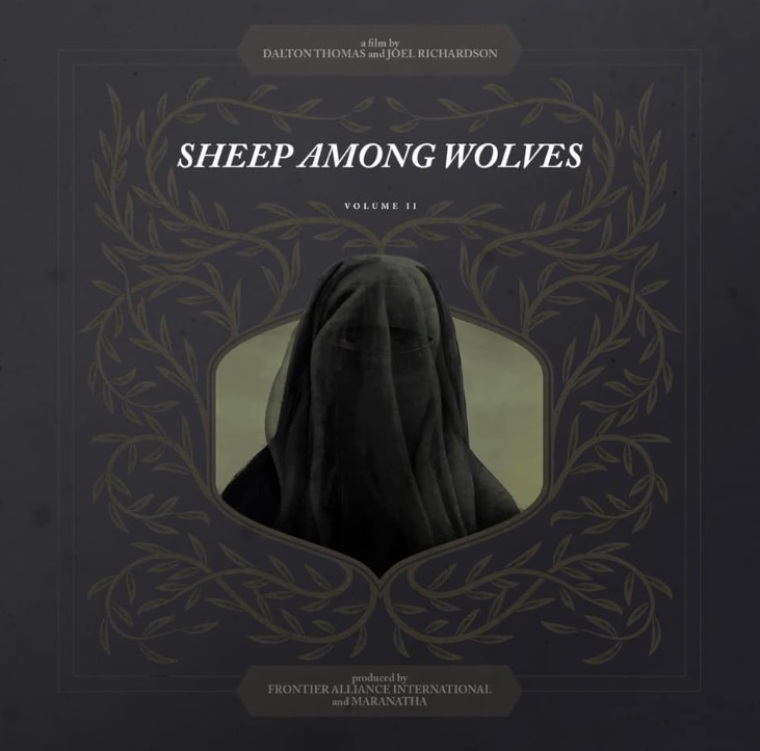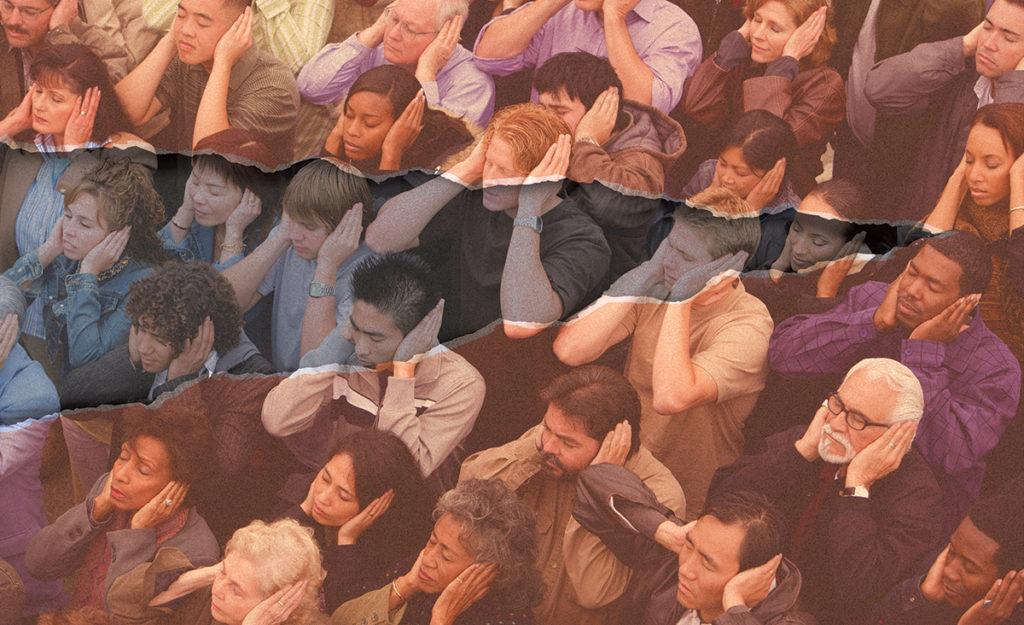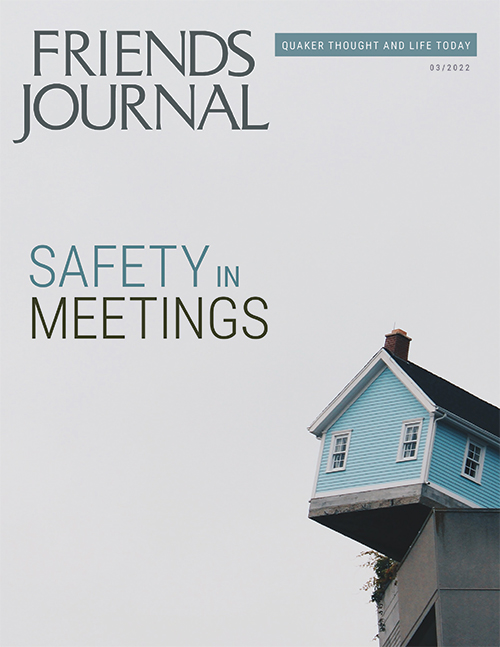'Sheep Among Wolves': Documentary looks at fast-growing Christian movement in Iran, led by women

A documentary film released Friday examines the recent growth of Christianity in Iran, especially among women.
“Sheep Among Wolves: Volume II” will premiere as a two-hour livestream on Facebook and YouTube Friday that will include a question-and-answer segment featuring people involved in the production of the documentary.
The film by FAI Studios is a follow-up to an earlier documentary about Christian evangelism in the Islamic world, “Sheep Among Wolves: Volume I,” which was released in 2015 and centered on underground churches.
FAI Studios is part of Frontier Alliance International, a missionary organization that seeks to advance Christianity in parts of the world lacking a Christian presence. They draw inspiration from Romans 15:20, in which Paul of Tarsus wrote that he sought to “lay foundations for the Gospel where there are none.”
In an extended trailer posted to YouTube in July, FAI said their newest film features “stories from the fastest growing and largest church in the world, from one of the worst places in the world to be a Christian.”
“Muslim-background Iranians are leading a quiet but mass exodus out of Islam and bowing their knees to the Jewish Messiah—with kindled affection toward the Jewish people,” FAI says in the video.
“The Iranian awakening is a rapidly-reproducing discipleship movement that owns no property, no buildings, has no budget, no 501c3 status or any identifier that the church in the west says you must have, and is predominantly led by women.”
According to a website setup for the film, the makers of the documentary will not receive any money for their efforts. Rather, all donations will go to Christians in Iran.
In recent years, many have noted the growth of Christianity in Iran, despite at times extreme persecution on the part of the Islamic Republic.
Mike Ansari, president of Heart4Iran Ministries, told The Christian Post in an interview last October that “Iranian converts to Christianity have been systematically arrested and persecuted as heretics.”
Ansari identified the “historic and organic growth of Christianity inside Iran” as being “one of the fastest growing underground church movements in the world.”
“However, with church growth comes persecution. Iranian Muslims who become Christian face arbitrary arrest and detention,” Ansari said.
“Most of the arrested individuals are coerced to divulge information about their house-church activities and those of their friends, under the threat of criminal persecution, or arrest of family members.”







 Audiobook
Audiobook









